Despite growing calls for a solution within the medical sector, there has been no sign of any efforts to hold talks between trainee doctors and the government, suggesting that South Korea has yet to find an immediate solution to the tension in its medical sector.
More than 90 percent of South Korea's 13,000 interns and residents have yet to return to work after resigning en masse for nearly three weeks in protest of the government 's decision to increase medical school enrollment by 2,000 next year to prepare for a rapidly aging population.
The South Korean government has taken steps to suspend the practice licenses of interns who participated in the strike, urging them to return to work. Since March 5, South Korea has sent letters to interns who have not returned to work and issued a notice of license suspension. The notice includes details of the return to work request, and warns that those who do not respond by March 25 may have their practice licenses suspended according to relevant procedures. Interns can file a complaint if their licenses are suspended.
However, the government measures have prompted some professors at medical schools to quit their jobs and join the collective action with young doctors. On March 9, a group of medical professors met to discuss ways to break the deadlock, but to no avail.
To make up for the shortage of medical staff, South Korean health authorities have added roles for nurses in major hospitals, including performing CPR on emergency patients. Military hospitals have also opened their emergency rooms to the public. The Health Ministry also launched a pilot program late last month that allows nurses to take on some of the specific responsibilities held by doctors.
The mass resignation of interns and residents has resulted in many surgeries and emergency treatments at major general hospitals in Korea being postponed or canceled.
Opponents of the government plan argue that increasing the number of medical school admissions could increase competition, leading to lower incomes. The Korean Medical Association (KMA), the largest lobbying group for doctors in South Korea, argues that the government plan will not address fundamental problems in the health system, including a shortage of doctors in lower-wage areas, as most doctors are concentrated in urban areas./.
The South Korean government has taken steps to suspend the practice licenses of interns who participated in the strike, urging them to return to work. Since March 5, South Korea has sent letters to interns who have not returned to work and issued a notice of license suspension. The notice includes details of the return to work request, and warns that those who do not respond by March 25 may have their practice licenses suspended according to relevant procedures. Interns can file a complaint if their licenses are suspended.
However, the government measures have prompted some professors at medical schools to quit their jobs and join the collective action with young doctors. On March 9, a group of medical professors met to discuss ways to break the deadlock, but to no avail.
To make up for the shortage of medical staff, South Korean health authorities have added roles for nurses in major hospitals, including performing CPR on emergency patients. Military hospitals have also opened their emergency rooms to the public. The Health Ministry also launched a pilot program late last month that allows nurses to take on some of the specific responsibilities held by doctors.
The mass resignation of interns and residents has resulted in many surgeries and emergency treatments at major general hospitals in Korea being postponed or canceled.
Opponents of the government plan argue that increasing the number of medical school admissions could increase competition, leading to lower incomes. The Korean Medical Association (KMA), the largest lobbying group for doctors in South Korea, argues that the government plan will not address fundamental problems in the health system, including a shortage of doctors in lower-wage areas, as most doctors are concentrated in urban areas./.
Source link







![[Photo] President Luong Cuong and United Nations Secretary-General Antonio Guterres chaired the signing ceremony of the Hanoi Convention.](https://vphoto.vietnam.vn/thumb/1200x675/vietnam/resource/IMAGE/2025/10/25/1761370409249_ndo_br_1-1794-jpg.webp)
















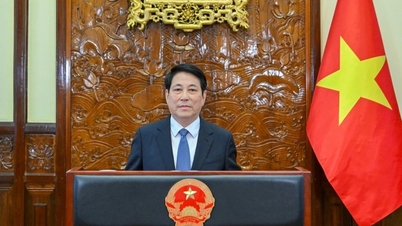











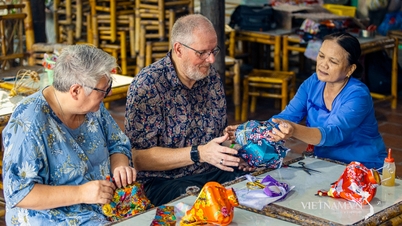













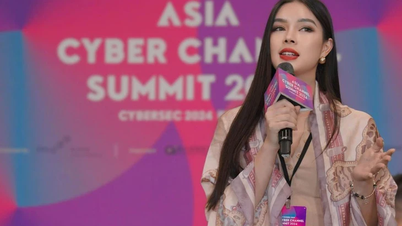













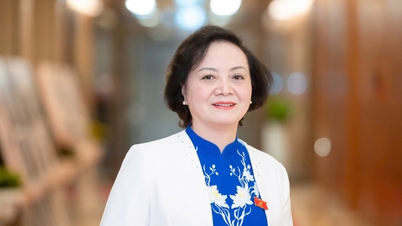

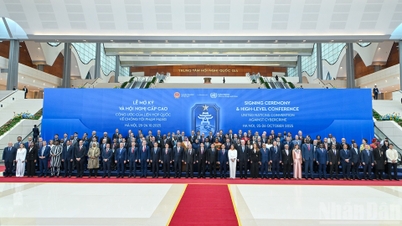

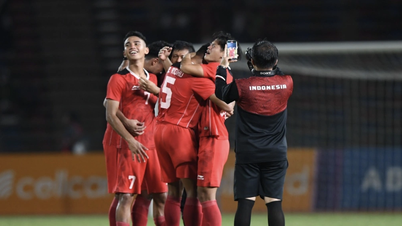






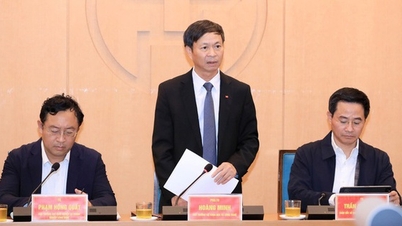

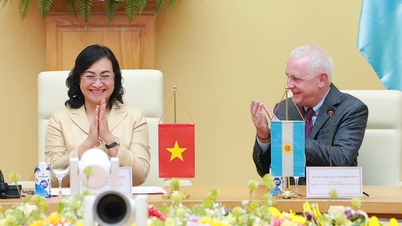


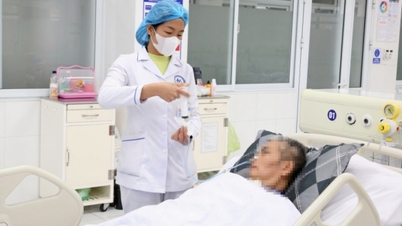

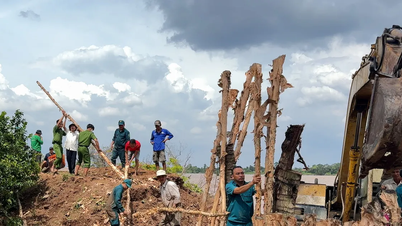





















Comment (0)